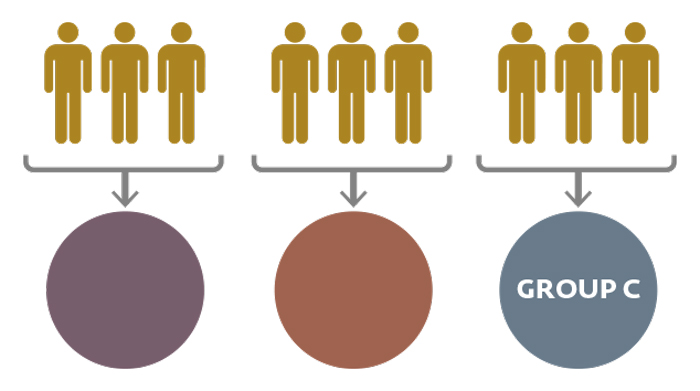If you’re a good frontline fundraiser, you’re always seeking to learn how to do your craft better. Every excellent fundraiser I’ve known is constantly learning, always curious, and eager to improve their skills.
Richard and I get emails or messages on LinkedIn all the time from frontline fundraisers asking us, “What do I need to do to be good at this work?”
Today, I’m going to give you five ways to improve as a fundraiser. If you put each of these into practice, you’ll better serve your donors, which is what being a great fundraiser is all about. Let’s get into it.
-
Get your head and heart right with what fundraising and philanthropy is about.
It’s about a donor’s desire to change the world through the fruits of their labor. Donors want to give. They feel joy when they give. Giving is something they do because it makes them feel good. Therefore, asking a donor to give to something they are passionate about is one of the greatest gifts you can give someone. Do you believe that? Do you believe it so much, you cannot wait to help a donor find joy in their giving? Richard and I find that too many fundraisers and leaders of non-profits that think fundraising is about “taking” money from a donor. Therefore, they will do almost anything NOT to build relationships with donors and ask them for a gift. If you want to be a great frontline fundraiser, you must see yourself as a broker of love, not a taker of cash. This must be your mindset with what fundraising is all about.
-
Do more listening than talking.
So many frontline fundraisers out there are great at “talking up” a donor. They know all the right things to say, they have all the points they need to convey about complex programs. It’s amazing. But they’re failing if they are not listening to donors. I’ve got a vault filled with stories of MGOs who asked a donor to fund an amazing project only to find out that the donor is not interested in it. Why? Because the MGO didn’t listen to what the donor’s passions and interests were. They were so busy talking about the organization’s needs, they forgot to hear what the donor wanted to do. Listening will lead to learning, which leads to creating offers that will inspire your donors to give a transformational gift.
-
Really spend time tiering your donors properly.
So many frontline fundraisers are spending way too much time with donors they like versus the donors that they REALLY should be cultivating. Why? Because it’s easier to work with donors that you already know or can relate to. Tiering your donors A-C helps discipline your approach to your portfolio so that you are spending more time with donors of greater value to the organization. And tiering your donors is fluid. You may find, in your qualifying process, a donor whose giving history makes them Tier C, only to find out later that they have enormous wealth. So you bump them into Tier A. Or maybe you have a Tier A donor where over time you realize, after knowing their story better, they just don’t have the capacity or the passion for your organization beyond the gift level they are currently giving, so you should bump them down to Tier C. Ultimately, tiering will help you FOCUS correctly.
-
Be okay with failing.
Guess what? You’re not perfect. You will mess up… it’s okay. Being afraid to fail or to make a mistake leads you to be overly cautious, where you don’t take risks and you won’t try new approaches. If you have a good manager, on day one they should tell you how important it is that you mess up sometimes. It’s important because it means you are not playing it safe all the time. It means you are trying different approaches to cultivate and steward donors. It means you are reaching out to your colleagues and donors in a unique way beyond just the formal ways your non-profit typically does it. The key to failing is figuring out why you failed, why you made that mistake, and what can you do next time to do better. It’s through failure that you will realize your most growth as an individual and a frontline fundraiser.
-
Make a significant gift to a cause you are passionate about.
Do you want to know what if feels like for a donor in your portfolio to make a significant gift to your organization? The best way to do that is for YOU to make a gift to something you have a passion for. I hear often about fundraisers making gifts to organizations just to find out how they perform in thanking, reporting back, etc. What I want you to experience, however, is the joy you will have when you make a significant gift. It will rock your world, but just as importantly, it will allow you to feel what your donors feel when they give a gift. It creates empathy when you’ve lived that experience and can relate better to your donors.
Okay, there you go. Put these into practice, and you will become a better fundraiser. And as you improve your skills as a fundraiser, your donors will experience more joy and fulfillment in their giving.
Jeff







Such simple suggestions, but they trip us up so much of the time. We are so engrossed in the process of fundraising that we forget the basics.
Great article and I love the simplicity of it